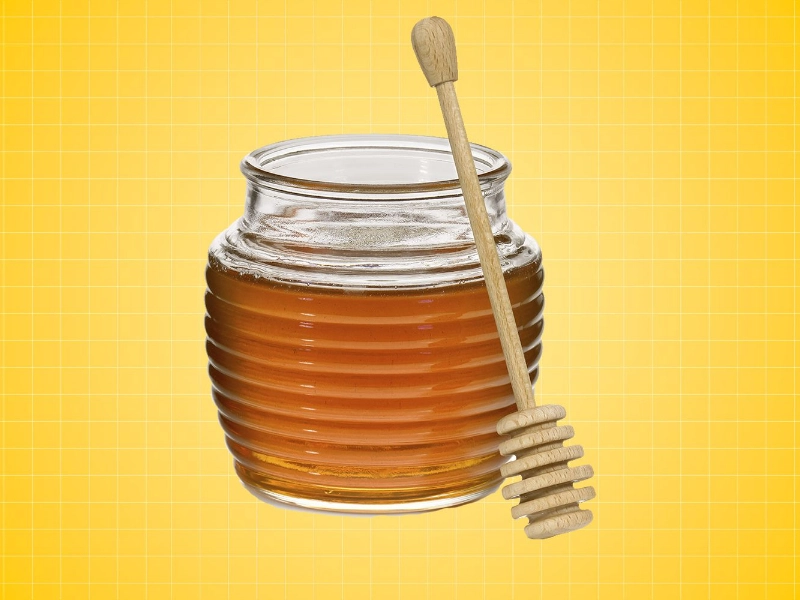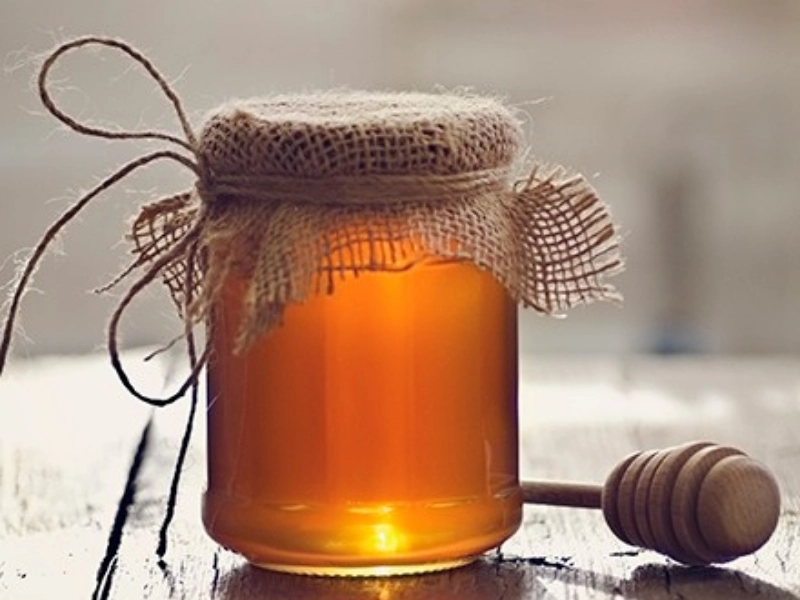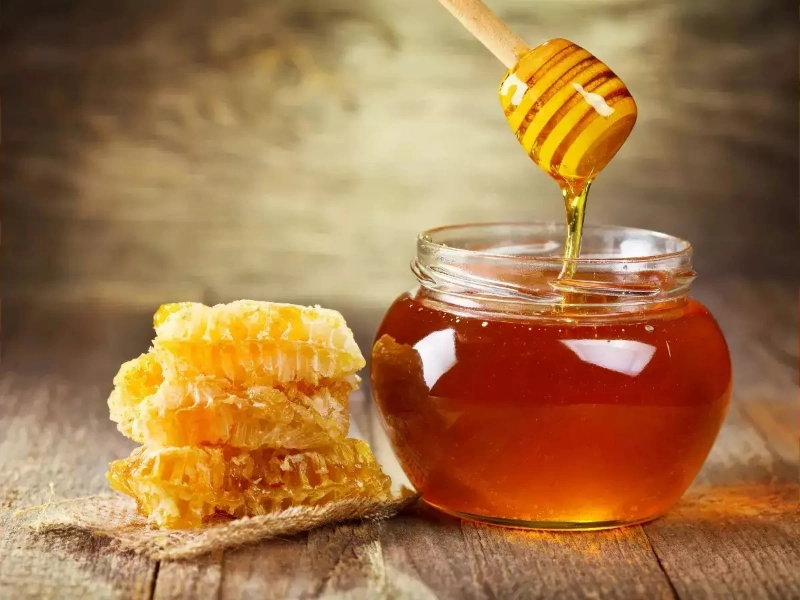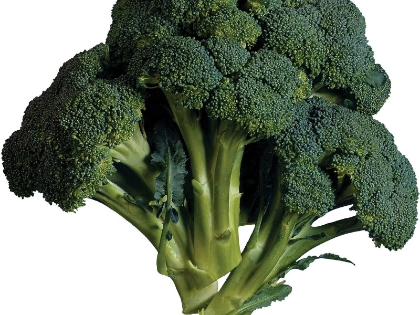The Benefits of Honey for Your Digestive System
Honey is a balancing, calming, and stabilising tonic for the digestive tract in Ayurveda. Unique chemicals, including UMF, MGO, and dihydroxyacetone, found in raw honey, especially Manuka honey, have antibacterial activity against bacteria that cause digestive disorders like SIBO and acid reflux. It also feeds the intestinal flora by acting as a prebiotic. We'll look at all the different ways honey can help your digestive system in this post.
Antioxidants

Probiotics
 For optimum digestion and immune system performance, the gut flora must be in balance. Additionally, the gut microbiota aids in the synthesis of vitamins like C and aids in the breakdown of complex carbohydrates.
Non-digestible oligosaccharides found in honey function as prebiotics, feeding good gut flora such as lactobacilli and bifidobacteria. Manuka honey may have especially potent prebiotic qualities, according to research.
Honey is a good source of polyphenols, which are antioxidants with numerous health advantages, in addition to prebiotics. Chrysin and maurotin are two of the polyphenols that are most frequently discovered in honey. On the other hand, some people may experience stomach distress if they consume honey in excess. Additionally, allergens from the plants and flowers that bees visited may be present, which could aggravate allergy problems. It is therefore advisable to limit your regular intake of honey to a small amount.
For optimum digestion and immune system performance, the gut flora must be in balance. Additionally, the gut microbiota aids in the synthesis of vitamins like C and aids in the breakdown of complex carbohydrates.
Non-digestible oligosaccharides found in honey function as prebiotics, feeding good gut flora such as lactobacilli and bifidobacteria. Manuka honey may have especially potent prebiotic qualities, according to research.
Honey is a good source of polyphenols, which are antioxidants with numerous health advantages, in addition to prebiotics. Chrysin and maurotin are two of the polyphenols that are most frequently discovered in honey. On the other hand, some people may experience stomach distress if they consume honey in excess. Additionally, allergens from the plants and flowers that bees visited may be present, which could aggravate allergy problems. It is therefore advisable to limit your regular intake of honey to a small amount.
Antimicrobial
 Honey's prebiotic qualities can aid in maintaining a healthy gut microbiota. It has oligosaccharides that pass through the small intestine undigested, end up in your colon, and nourish probiotic microorganisms. Short-chain fatty acids produced by these beneficial bacteria aid in the digestion of dietary fibre, guard against bacterial infections, and aid in the synthesis of vital vitamins.
Honey is high in vitamins, minerals, amino acids, and enzymes, in addition to a range of antioxidants. Those who have ulcerative colitis or irritable bowel syndrome should refrain from overindulging since it may have laxative effects in certain cases.
Consuming honey has been demonstrated to lessen stomach lining irritation and suppress the production of gastric acid. Moreover, it can strengthen the immune system and advance cardiovascular wellness. This is due to the fact that honey has significant levels of iron, potassium, calcium, and vitamin C, as well as B-complex vitamins.
Honey's prebiotic qualities can aid in maintaining a healthy gut microbiota. It has oligosaccharides that pass through the small intestine undigested, end up in your colon, and nourish probiotic microorganisms. Short-chain fatty acids produced by these beneficial bacteria aid in the digestion of dietary fibre, guard against bacterial infections, and aid in the synthesis of vital vitamins.
Honey is high in vitamins, minerals, amino acids, and enzymes, in addition to a range of antioxidants. Those who have ulcerative colitis or irritable bowel syndrome should refrain from overindulging since it may have laxative effects in certain cases.
Consuming honey has been demonstrated to lessen stomach lining irritation and suppress the production of gastric acid. Moreover, it can strengthen the immune system and advance cardiovascular wellness. This is due to the fact that honey has significant levels of iron, potassium, calcium, and vitamin C, as well as B-complex vitamins.
Anti-inflammatory
 Inflammation, especially in the digestive system, can be decreased by the natural anti-inflammatory properties of honey. Honey's oligosaccharides function as prebiotics, promoting the growth of Lactobacillus and Bifidobacteria, two types of good gut bacteria. Additionally, they support a pH-balanced gut by inhibiting the growth of harmful microorganisms.
Additionally, it has been demonstrated to aid with wound healing, especially when used topically (always apply raw, medical-grade honey to your burns and cuts). And honey heals a sore throat, just like our grandmother used to tell us.
Most adults can safely consume honey; however, certain individuals with pre-existing GI disorders may experience bloating and digestive pain if they consume too much of it. It also contains a range of naturally occurring materials, including pollen and other allergens from the plants and flowers that bees visit and which can cause allergic reactions. Bee pollen and propolis, which may provide extra antioxidants and other health advantages, can also be found in raw honey.
Inflammation, especially in the digestive system, can be decreased by the natural anti-inflammatory properties of honey. Honey's oligosaccharides function as prebiotics, promoting the growth of Lactobacillus and Bifidobacteria, two types of good gut bacteria. Additionally, they support a pH-balanced gut by inhibiting the growth of harmful microorganisms.
Additionally, it has been demonstrated to aid with wound healing, especially when used topically (always apply raw, medical-grade honey to your burns and cuts). And honey heals a sore throat, just like our grandmother used to tell us.
Most adults can safely consume honey; however, certain individuals with pre-existing GI disorders may experience bloating and digestive pain if they consume too much of it. It also contains a range of naturally occurring materials, including pollen and other allergens from the plants and flowers that bees visit and which can cause allergic reactions. Bee pollen and propolis, which may provide extra antioxidants and other health advantages, can also be found in raw honey.
Calm
 Honey functions as a natural prebiotic, providing sustenance for good gut flora that aid in better digestion. When purchased locally, it also helps lessen allergies and, when substituted for sugar, may aid in weight loss. However, not all honey is made equal, so choose raw honey that hasn't been processed or heated.
Oligosaccharides included in raw honey function as a prebiotic to promote the growth of good bacteria in the digestive system. Furthermore, it has been demonstrated to control intestinal inflammation and prevent the formation of dangerous germs like Salmonella and E. coli. Dietary therapies that positively modify the gut environment are of tremendous interest because of the intimate relationship between gut microbiota and health and disease.
Honey functions as a natural prebiotic, providing sustenance for good gut flora that aid in better digestion. When purchased locally, it also helps lessen allergies and, when substituted for sugar, may aid in weight loss. However, not all honey is made equal, so choose raw honey that hasn't been processed or heated.
Oligosaccharides included in raw honey function as a prebiotic to promote the growth of good bacteria in the digestive system. Furthermore, it has been demonstrated to control intestinal inflammation and prevent the formation of dangerous germs like Salmonella and E. coli. Dietary therapies that positively modify the gut environment are of tremendous interest because of the intimate relationship between gut microbiota and health and disease.









